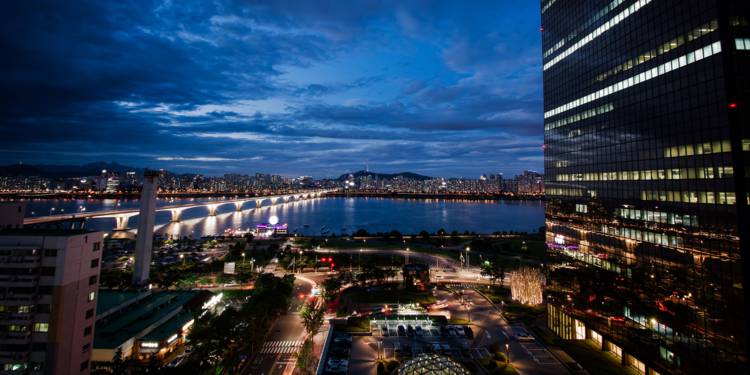Doing Business report represents a flagship publication of the World Bank Group. This is the fifteenth edition of a series of annual reports that measure regulations that favor or restrict business activity. Doing Business consists of quantitative indicators on business regulations and protection of private property rights that are compared in 190 economies – from Afghanistan to Zimbabwe – and over the time.
In this edition, Doing Business analyzes the regulations that affect 11 areas of a company’s life cycle. In the ranking, each country is evaluated in relation to the “facility that offers to do business” according to the following 11 factors:
- Ease to start a business or open a company
- Processing of construction permits
- Access to electricity
- Property Registration
- Obtaining credits
- Protection of minority investors
- Tax payment
- Conducting cross-border transactions
- Execution of contracts
- Bankruptcy Resolution
Doing business also measures labor market regulation, which is not included in this year’s classification. The indicators are used to analyse economic results and to identify which reforms to the corporate legal framework have worked, as well as the place and motive.
The report, which compares 190 economies worldwide, documented 264 business reforms between June 2016 and June 2017. Among the reforms aimed at reducing the complexity and cost of complying with corporate legislation, those identified in the area of business opening and obtaining credits were the most common in 2016/2017. The following most common reforms took place in the cross-border trade area.
This year, South Sudan, Venezuela, Eritrea and Somalia occupy the last four places in the ranking.
But we want to highlight here the 12 best countries in the world to start a business and the reasons for it:
- New Zealand — retained the first position in the “opening of a Business”, “Processing of building Permits”, “registration of a property”, “Obtaining credit” and “protection of minority investors”. The worst mark it got (55 ranking) refers to the relative difficulty of “cross-border transactions”.
- Singapore — The country has raised a position in relation to last year, but has maintained its first place in terms of protecting minority investors. It also occupies the 2nd position with respect to the execution of contracts, but with regard to the resolution of insolvency problems it obtained the 29th
- Denmark — although the Scandinavian country has dropped one position since the last ranking, it remains in the first place on the podium related to cross-border transactions. However, as for the facility to obtain credits, it occupies the 32 place.
- Hong Kong — raises a position compared to last year and ends in third position in the following criteria: Starting a company, access to electricity, protection of minority investors and payment of taxes. As for the registration of properties, the country offers competition, since it occupies the 61st place in ranking.
- South Korea — dropped one place in comparison to last year, the Asian country ends first regarding the access to electricity and execution of contracts, but occupies the 32nd position when it comes to “carrying out cross-border transactions”.
- Norway — the country has scaled two positions compared to last year. Occupying the fourth place of the classification regarding the execution of contracts. However, it occupies the 43rd ranking place concerning the “Processing of construction permits”.
- United Kingdom — the country has lost the podium compared to last year. It ends sixth respecting to the protection of minority investors, but it is the 47th country in the in the “Register of properties a prayer in favor”.
- United States — The United States has lost a place regarding its latest edition, but it is still second in related to the ease of obtaining credits. Its worst indicator, in which it occupies the 41st place, refers to the protection of minority investors.
- Sweden — This Nordic country has maintained its position in relation to last year. It occupies the 6th position in related to access to electricity, but 75th position in terms of obtaining credits.
- Macedonia — after completing the sixteenth place last year, the country has climbed several posts this year. Macedonia finished 4 in the business creation category, but occupies the 48ht position in terms of ease of property registration.
- Taiwan — dropped a place compared to last year, Taiwan ended in the 2nd position for its easy access to electricity, but in the 62 position related to obtaining credits and 68ht in carry out cross-border transactions.
- Estonia — the country lost its place compared to last year, but ranks sixth in the property registration criterion. But it is only number 42nd in relatied to the “resolution of insolvencies” and 53rd in the protection of minority investors.
In Comerciando Global we develop a diagnosis of the potential of internationalization of your company and advice you on which is the best country for the internationalization of your company, depending on the particular characteristics and needs of your company, like those of the target market, starting from the current situation of your company and your expectations.

